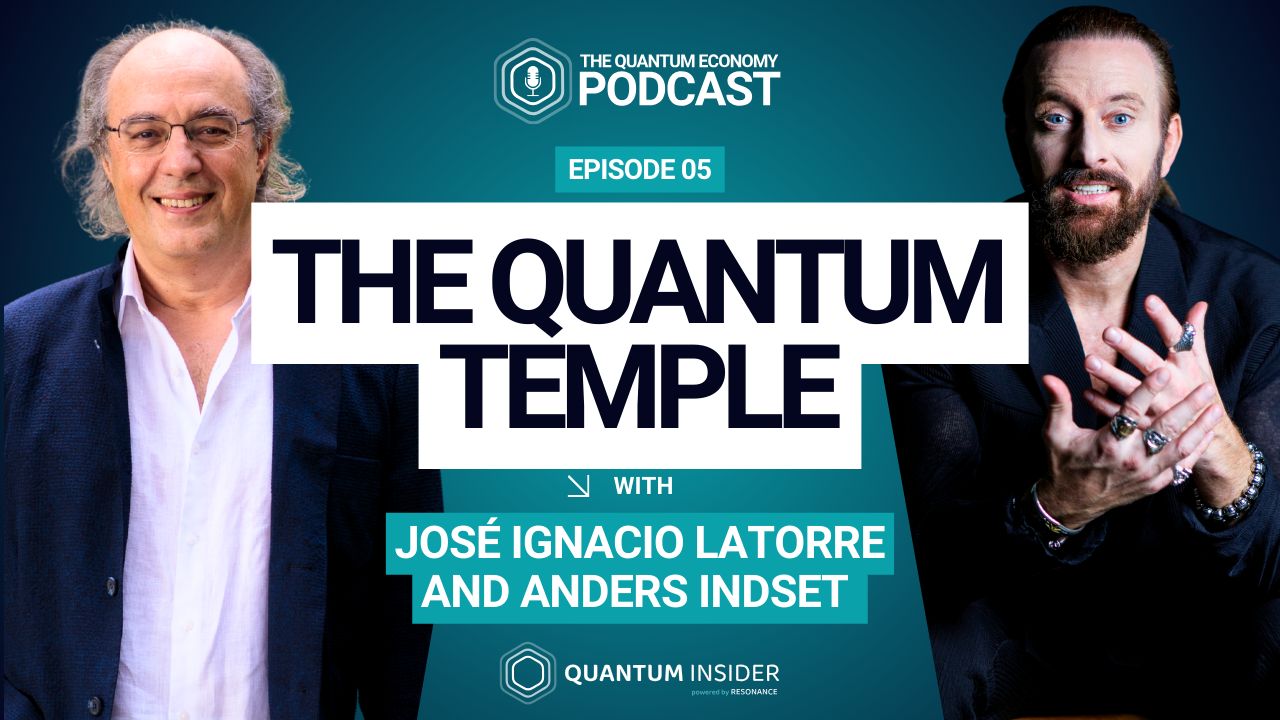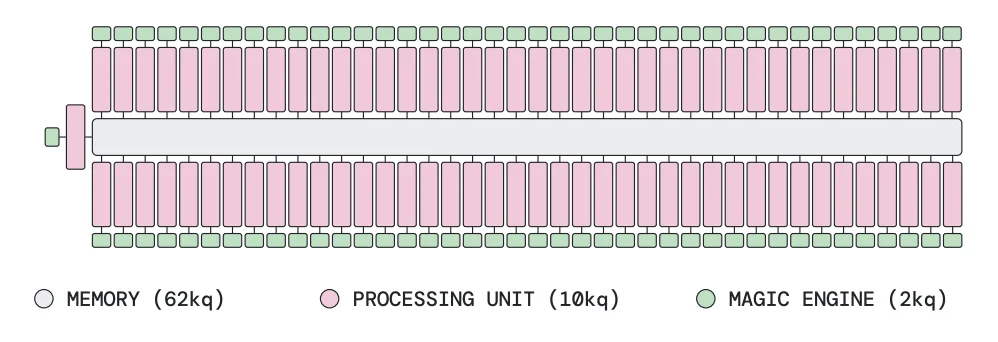Insider Brief:
- José Ignacio Latorre outlines Singapore’s integrated national quantum strategy and emphasizes the need for global collaboration through his vision of a “Quantum Temple” built on generosity, openness, and inclusion.
- He stresses that scalable quantum computing remains a scientific challenge, with all major hardware platforms facing unresolved bottlenecks that demand fundamental research.
- Latorre highlights the essential role of universities and public labs in driving genuine advancements, even as corporate announcements dominate public attention.
- Drawing on his decades of work in machine ethics, he calls for AI and future superintelligent systems to be designed around human agency, trust, and intent, ensuring progress aligns with ethical and societal values.
In this week’s episode of The Quantum Economy Podcast, host Anders Indset is joined by José Ignacio Latorre, Director of the Centre for Quantum Technologies in Singapore, for a conversation on national quantum strategy, machine ethics, and the future of human-centered technology. As one of the leading voices at the intersection of quantum science and AI ethics, Latorre brings both technical expertise and a long-term vision for how society should engage with exponential technologies.
Latorre frames the challenge of quantum as a broader cultural project beyond scientific pursuit. He introduces the idea of a “Quantum Temple” — a vision for global collaboration rooted in generosity, openness, and inclusion. In his view, equitable access to quantum knowledge and infrastructure is essential if progress is to be shared across regions, especially the Global South where talent is abundant but opportunities remain uneven.
The discussion maintains that scalable quantum computing remains firmly in the realm of science rather than engineering. Despite advances across superconducting circuits, trapped ions, and neutral atoms, every platform still faces bottlenecks that require further developments in fundamental research. Latorre stresses that while corporate announcements often dominate headlines, universities and public labs remain central to achieving the discoveries needed for quantum systems to become viable at scale.

Beyond hardware, the conversation extends to the governance of intelligence itself. Drawing on his decades of work in machine ethics, Latorre highlights the responsibility to design AI and future superintelligent systems around human agency, trust, and intent. For him, technological capability is inseparable from philosophical and ethical considerations; progress must be guided by values as much as by algorithms.
This episode touches on:
- Singapore’s integrated national quantum strategy and lessons for Europe and the U.S.
- Why scalable quantum computing remains a scientific rather than engineering challenge
- The enduring role of universities and public labs in driving development
- Decades of research on machine ethics and its implications for AI governance
- Equitable access to quantum knowledge and infrastructure across the Global South
- What it means to be human in the age of intelligent machines, and why true understanding begins where information ends
Listen and Learn
You can access this episode of The Quantum Economy Podcast on all major platforms:
- Listen on Spotify
- Listen on Apple Podcasts
- Listen on YouTube
New episodes of The Quantum Economy Podcast will be featured on The Quantum Insider. As quantum technologies evolve alongside other exponential fields, thoughtful engagement with the broader questions they raise on design, governance, value, and responsibility remains essential.
About the Host
Anders Indset is a Norwegian-born business thinker and investor known for bringing together philosophy and emerging technology. He is the author of The Quantum Economy, a book that examines how the logic of quantum computing, its uncertainty, entanglement, and probabilistic nature, can be applied to institutions and economies facing complexity and rapid change. His framework, Triangular Alchemy, proposes a new approach to organizational leadership in exponential times: balancing innovation (Forge), efficiency (Optimize), and investment (Scale) through anticipatory governance. His new book, The Singularity Paradox: Bridging the Gap Between Humanity and AI, is available now.
The podcast draws on this background while integrating real-time insights from global practitioners. It is not a promotional platform, but a curated forum for meaningful dialogue around technological transformation and human responsibility.














